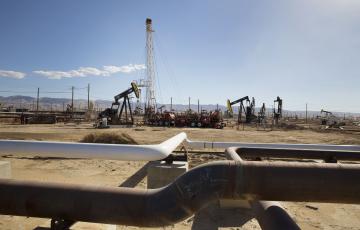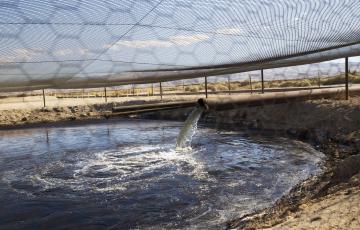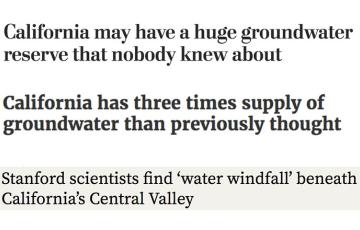The Dirty Water Rule would mean more oil and gas wastewater in rivers and streams.
For decades, oil and gas industry growth has been enabled by slashing protections for water. Some of the most common forms of oil and gas production benefit from federal loopholes and policies that remove water protections in order to streamline


